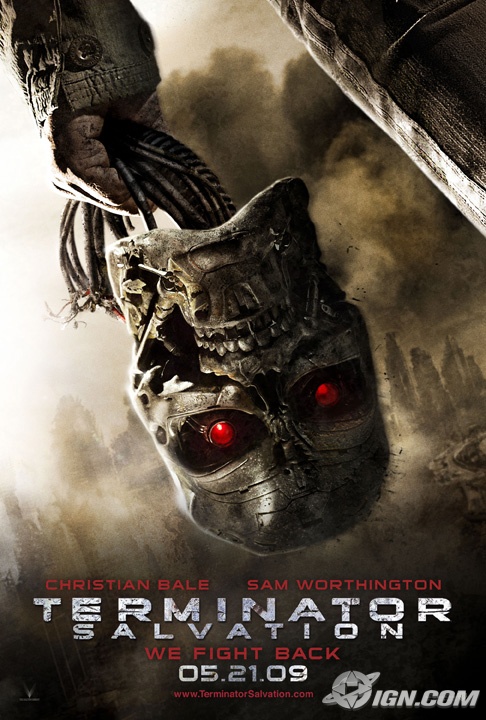In recent years, I can think of four times that this has been done. The most notorious, of course, is the three Star Wars prequels. But in this case, we can very plainly see reasons why the second set of movies don't live up to the first, though there's debate about which of the reasons are most telling. (To my mind, the biggest problem with them is that something about how George Lucas works seems to thrive on the limitations he used to have to endure. His actual vision was something which was ponderous and ham-handed, but he couldn't achieve it. By happy chance, the effort of forcing himself to fit into what was technically possible forced him to avoid the more indulgent excesses and replace them with more human moments, which connected all the grand mythology back to the audience. Without those constraints, he goes off on self-indulgent castle-building and never remembers to bring us along.)
 Another recent example is Terminator: Salvation. James Cameron says the franchise is played out, and in a way he's right, but it never stopped him. T2 already forced him to outgrow the premise of T1, and T2 was still a great movie. T3 was better than people gave it credit for, but still a pale shadow of its predecessors, in large part because it tried to stay too close to the formula of T1 and T2. Wisely, Terminator: Salvation steered away from that formula and became an entirely new movie set in the same history but with a different feel, a different tone, and a different story. Unfortunately, that story didn't quite come together as well as it could; the movie was entertaining but the story itself was kind of forgettable. I think it's possible to write interesting stories in that world which are not retreads of the first two movies, but Salvation didn't really prove my point.
Another recent example is Terminator: Salvation. James Cameron says the franchise is played out, and in a way he's right, but it never stopped him. T2 already forced him to outgrow the premise of T1, and T2 was still a great movie. T3 was better than people gave it credit for, but still a pale shadow of its predecessors, in large part because it tried to stay too close to the formula of T1 and T2. Wisely, Terminator: Salvation steered away from that formula and became an entirely new movie set in the same history but with a different feel, a different tone, and a different story. Unfortunately, that story didn't quite come together as well as it could; the movie was entertaining but the story itself was kind of forgettable. I think it's possible to write interesting stories in that world which are not retreads of the first two movies, but Salvation didn't really prove my point.The fourth Indiana Jones movie ranks about the same: it was an entertaining movie, but a bit forgettable. People tend to point at the execrable refrigerator scene, but that's not what was wrong with it. Had the movie been good, we would have forgiven it, the way we forgave the corny deus ex machina that ended the first movie. But the fourth movie made many of the same mistakes as the second, and the good things about it are too easy to overlook when thinking of the bad things.
I never saw Wall Street and won't likely see the new sequel, but I wonder if it might be that contrary example. The timeliness of the sequel, the appropriateness of how Michael Douglas's character's aging fits the timeline instead of being a problem to be solved, and fact that it's a non-genre film might exempt it from the pattern we're seeing from the previous examples.
But is there a pattern or is this not significantly different from how sequels rarely live up to their originals? Is there any case where a long gap between movies didn't produce a markedly inferior movie?
I sure hope Tron Legacy proves the answer is yes. The trailers look great.

 RealTime and RTC
RealTime and RTC Prism
Prism Uncreated
Uncreated Bloodweavers
Bloodweavers Foulspawner's Legacy
Foulspawner's Legacy Lusternia
Lusternia
No comments:
Post a Comment